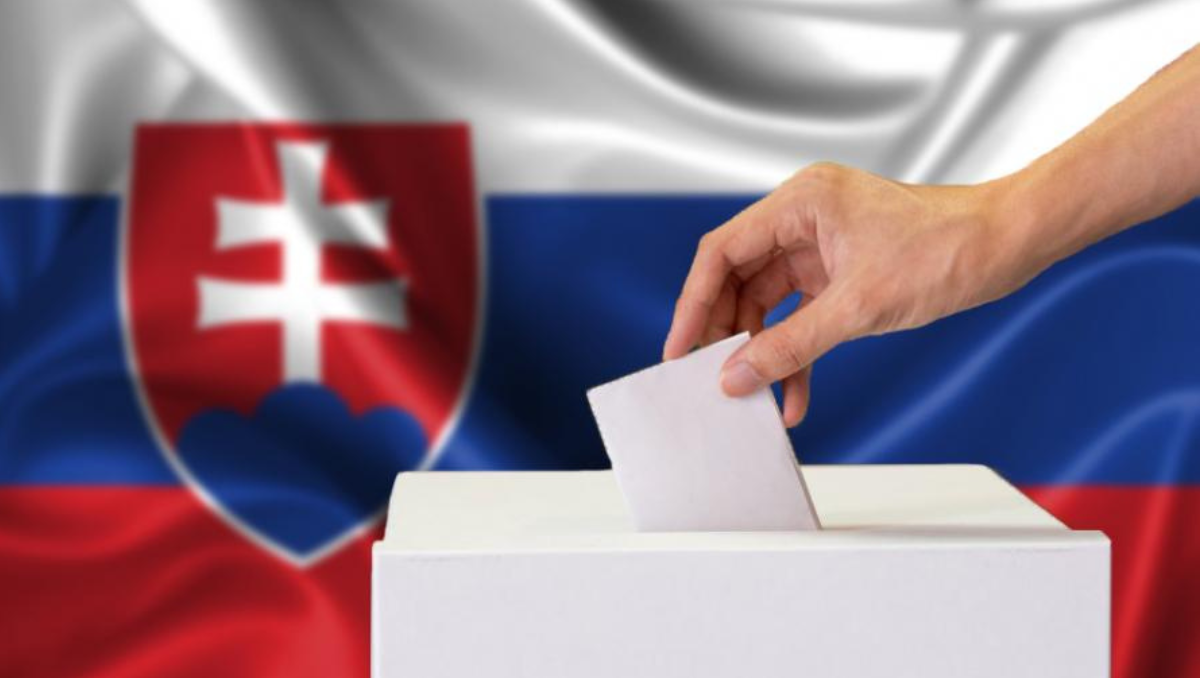In Slovakia’s recent parliamentary elections, populist party led by former PM and anti- Ukraine Robert Fico, has gained victory with nearly all votes counted.
With results in from more than 98% of the districts, the SMER party is poised to secure approximately 23% of the total votes. Following closely behind, Michal Šimečka’s Progressive Slovakia (PS) has secured over 17%, and Peter Pellegrini’s Hlas party has garnered 15% of the votes.
The outcome of these elections is expected to intensify concerns regarding Slovakia’s future foreign policy direction. Robert Fico, aged 59, has pledged to discontinue military support to Ukraine, voiced criticism of sanctions imposed on Russia, and actively campaigned against LGBTQ+ rights.
Fico’s Re-entry in the political framework
After making a surprising political comeback, Fico will have the initial opportunity to build a ruling coalition.

The populist politician remains embroiled in several corruption cases, and just last year, he had to defend against attempts by his political adversaries to strip him of his parliamentary immunity. In 2018, he was compelled to step down as prime minister amidst widespread street protests triggered by the murder of a journalist who was investigating corruption, as well as the journalist’s fiancée.
Given the fragmented landscape of Slovakia’s political parties, there is a significant level of uncertainty regarding Fico’s ability to secure enough allies to form a functional governing coalition and avoid the prospect of a hung parliament.
The populist ex-PM vowing to cut Ukraine support
“If SMER enters the government, we will not send a single round of ammunition to Ukraine,” he recently told supporters.
Slovakia has consistently stood by Kyiv (the capital of Ukraine) as a devoted and unwavering ally, providing support in the form of surface-to-air missiles, helicopters, and a remarkable contribution of its entire retired fleet of MiG-29 fighter jets.
Despite these election results, the formation of the government still remains a challenge for Slovakia and its formation will heavily rely on intricate coalition-building negotiations with smaller parties, including Peter Pellegrini’s Hlas and Igor Matovič’s OĽaNO.
Former colleague of Robert Fico and leader of Hlas, Peter Pellegrini, may play a pivotal role in shaping the government. His party has, thus far, refrained from declaring its preferred alliance partner, but there is a prevalent belief that it leans toward forming a coalition with SMER over the more socially liberal Progressive Slovakia (PS).
Serious consequences for the region
Fico’s views echo the pro-Russia sentiments gaining traction on Slovakian social media since the Ukraine conflict began.

Slovakia, with about 5.5 million people, was selecting its fifth prime minister in four years, marked by unstable coalitions. A government led by Fico’s SMER party could have significant regional consequences. As a NATO and EU member, Slovakia had supported tough EU sanctions against Russia and provided substantial military aid to Ukraine. However, Fico’s leadership is expected to shift this stance. He has blamed “Ukrainian Nazis and fascists” for provoking Russia’s invasion, echoing Putin’s false narrative.
On the contrary, the PS party supports maintaining Slovakia’s unwavering support for Ukraine and is inclined to take a liberal stance within the EU, advocating for policies such as majority voting to enhance the bloc’s flexibility, green initiatives, and LGBT rights.



